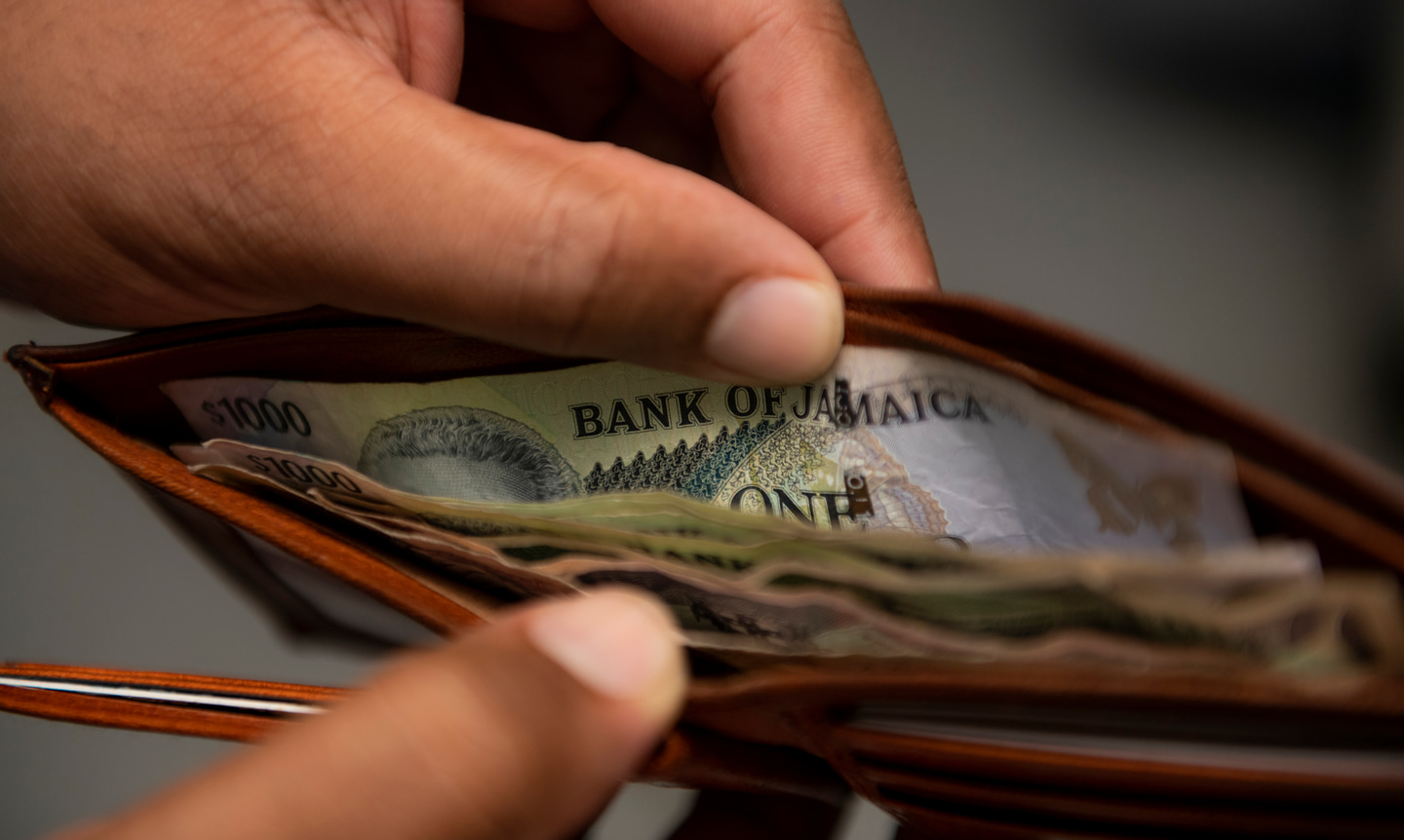The transfer of resources from the many poor to the few rich continues in Jamaica with a new vengeance. It is the greatest injustice since slavery.
Although with guarded expressions, muted to suit their individual constituencies, Kavan Gayle, Richard Pandohie and Keith Duncan all seem to appreciate the peril of a wholly market-driven exchange rate. To a man, they reject the catechism of Nigel Clarke and Richard Byles that the economy should just get accustomed to the ‘dip and fall back’ of the value of the Jamaican dollar.
During recent weeks when the exchange rate was wobbling around $135:1, merchants in at least one rural parish capital were buying at $150:1. And who could blame them. They can’t follow the nostrum to take their eyes off the dollar and focus on inflation. Rather, they have to store enough hard currency to pay for their next order of goods from foreign and, at a pinch, sell any of their extra greenback at a handsome arbitrage.
This is savvy business, Jamaican style, after all. Check the consolidated income statement of one of our largest banks and note the billions of their profit earned not from lending money, earning interest, and stimulating the production of goods and services for export, but from changing out foreign money and extracting unregulated fees and charges. So why shouldn’t the street man do the same?
And truth be told, Government, through the Bank of Jamaica, has been giving the financial sector the people’s money nearly for free, to do exactly as described. So much so that the sector almost choked and the authorities, with customary shamelessness, had to rent back, again for our bills, billions of the largesse that had been splashed to the banks.
You can bet that most of the US dollars changed out with our depreciating Manleys and Shearers will find their way overseas, just as Jamaican wealth, the surplus-value of largely poor black people’s labour, has been siphoned off for centuries.
So what has changed?
With the official rate now in the low $140s, the going rate on the street will no doubt move to $160 or more. Who says the dreaded crawling peg of the 1970s has come to an end? And remember, with more than 60 per cent of the national debt being denominated in foreign currencies, there is the unobtrusive addition, confirmed by the minister of finance himself, of $11 billion of debt for every one per cent of depreciation.
So if there is no improbably huge revaluation by the time repayment is due, we will have added about as much to the national debt as the entire FINSAC fiasco did. This latest binge of depreciation has already cost us more than $100 billion and climbing!
The savings and taxes of the poor are being used once again to derive super profits that will yield to them nothing but depreciated returns. Food prices and transportation costs will inevitably rise, notwithstanding the understated measurements from the outdated basket of goods. The needed increased funds for education and health will have to wait.
And if we continue like this, the Jamaican dollar will more and more resemble the Lumi.







